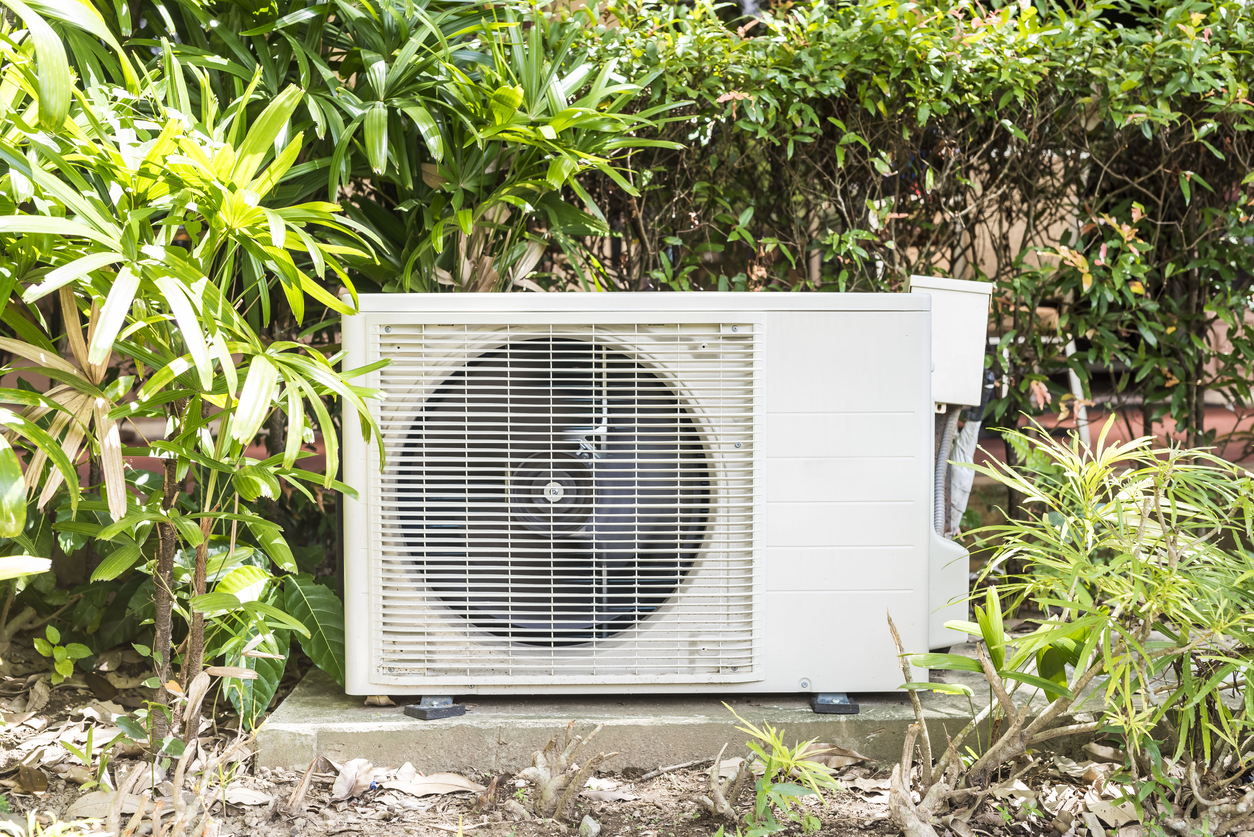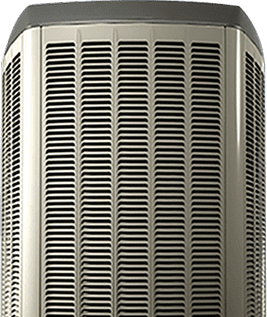Types of air conditioning

Types of air conditioning
Recognizing the different kinds of air conditioning is crucial for making a well-informed choice, whether you’re contemplating upgrading your existing system or thinking about the best option for your new home.
There are numerous options available to meet your specific needs and preferences, ranging from conventional central air conditioning systems to ductless mini-splits and innovative smart cooling solutions. Join the Haven Home Heating and Air Conditioning team as we break down each type, discussing their distinct features, advantages, and more, so you can find the ideal cooling solution for your home and lifestyle.
So, if you want to learn more about the types of air conditioning, keep reading!
What are the different types of air conditioners?
There are various types of air conditioning units available, each with its own set of characteristics and benefits. The following are the most common types of air conditioners found in homes today:
· Central Air Conditioning: Central air conditioning is an appealing option for cooling entire homes at once. It is made up of a central unit that cools and dehumidifies the air, which then circulates throughout the house via ductwork and vents. Central air conditioning provides reliable cooling and is easily manageable using a thermostat.
· Ductless Mini-Split System: Ductless mini-split systems are suitable for homes without present ductwork or for particular rooms with different cooling needs. These systems are made up of an outside condenser unit and one or more interior units that are individually installed in various rooms. Each indoor unit works separately, enabling tailored temperature control.
· Window Air Conditioners: Window air conditioning systems are a low-cost option for chilling individual rooms. These units are self-sufficient and can be installed directly into a window. Window air conditioners are ideal for compact areas.
Each kind of air conditioning unit has advantages and is appropriate for various home configurations and cooling requirements. Think about the size of your home, the total number of rooms you want to cool, energy efficiency goals, and your overall budget before having one installed in your home. Additionally, homeowners should also meet with a professional HVAC technician, such as the ones at Haven Home Heating and Air Conditioning, who can assist you in making the best decision for your specific requirements.
What is the difference between AC and HVAC?
AC and HVAC are similar terms that refer to different principles:
AC is an abbreviation for air conditioning, and it refers to the action of cooling the air in a space to provide comfort and maintain a set temperature. An air conditioning unit is a system that removes the moisture and heat from indoor air, creating a cooler and more comfortable environment. AC is designed primarily for cooling and does not include heating or ventilation.
On the other hand, HVAC is an abbreviation for Heating, Ventilation, and Air Conditioning. In contrast to air conditioning, HVAC is an umbrella term that includes all aspects of home climate control. It includes both cooling (air conditioning) and heating to keep you warm during the colder months. Furthermore, HVAC has ventilation, which is the process of integrating indoor air with outdoor air in order to preserve adequate ventilation and indoor air quality.
What is the most common air conditioning system?
The Central Air Conditioning system is the most common type of air conditioning system for residential homes. Central air conditioning is popular because it effectively cools large areas or numerous rooms within a home, offering consistent and uniform cooling everywhere.
While central air conditioning is the most prevalent kind of air conditioning system, other types of cooling systems, such as ductless mini-splits and window units, are also widely used in specific situations or where central AC is not possible. Therefore, it really depends on what you need as a homeowner as well as the unique features of your home. Because all homes are different, if you’re thinking about installing a new air conditioner unit in your residence, we suggest partnering with a professional HVAC company that will be able to provide you customized cooling solutions based on your needs.
Which type of AC is best for your home?
A number of essential variables should be looked at when choosing the best air conditioning system for your home. Here’s a closer look:
1. Home Size and Layout: The size and layout of your home are essential factors in determining the best AC system. A central air conditioning system with ductwork may be the best method to achieve steady cooling throughout all rooms in larger homes. In contrast, ductless mini-split systems or portable air conditioners could offer targeted cooling options for smaller spaces or homes without existing ductwork.
2. Energy Efficiency: Consider the AC system’s energy efficiency. Look for air conditioners with high SEER (Seasonal Energy Efficiency Ratio) ratings. Energy-saving systems are capable of helping you save money on utility bills while also reducing the environmental impact you have.
3. Budget and Cost: Establish a budget for the air conditioning system, including installation and ongoing upkeep expenses. Although central air conditioning may require a larger initial investment, it can add value to your home while also providing effective cooling for the entire home. Window air conditioners and air conditioners that are portable are generally less expensive, but they may have constraints in cooling bigger areas.
4. Maintenance and Support: Understand each AC system’s maintenance requirements. Regular maintenance is absolutely essential for ensuring reliable operation and durability, and some units may require more service than others.
5. Installation and Infrastructure: Determine whether your home already has ductwork or whether you have limited space for larger AC units. Central air conditioning may be a simpler installation if ductwork is already in place. If not, ductless mini-splits or portable cooling systems may be a better option.
Remember, to ensure that you install the best air conditioning system in your home, it’s essential that you partner with a professional HVAC company in your area that will be able to assess these factors and provide you customized solutions based on your unique needs.
